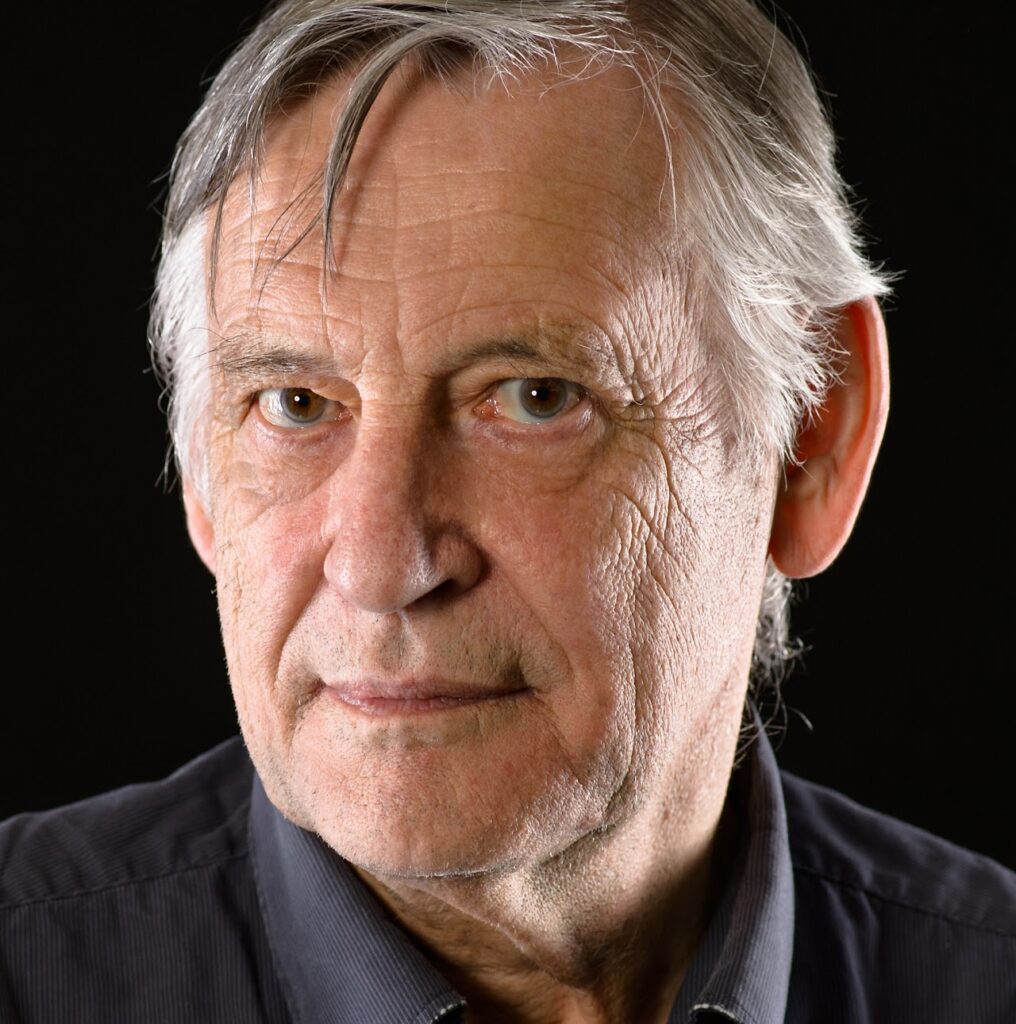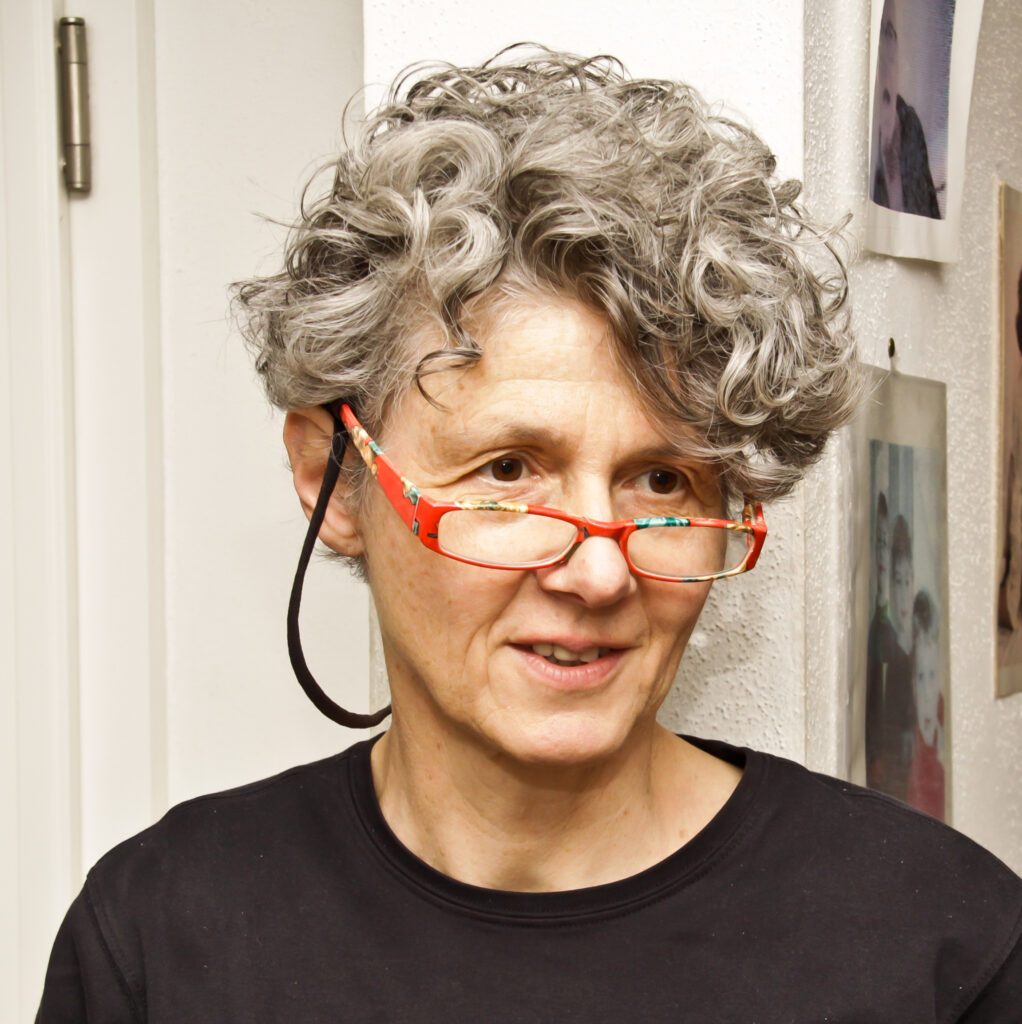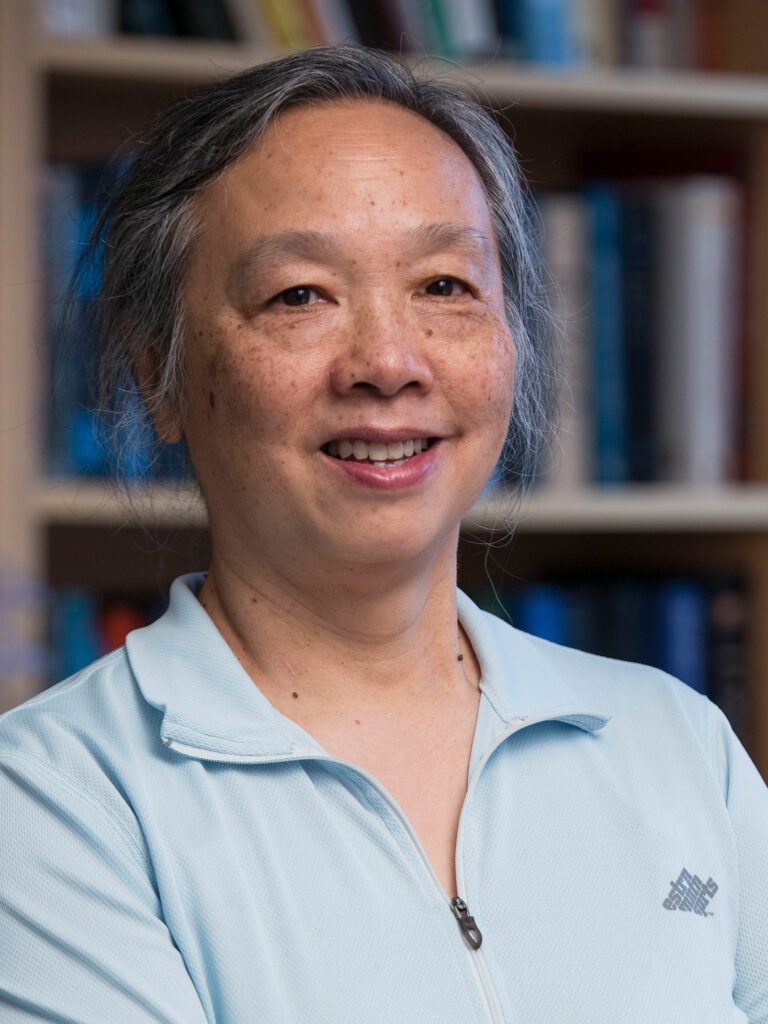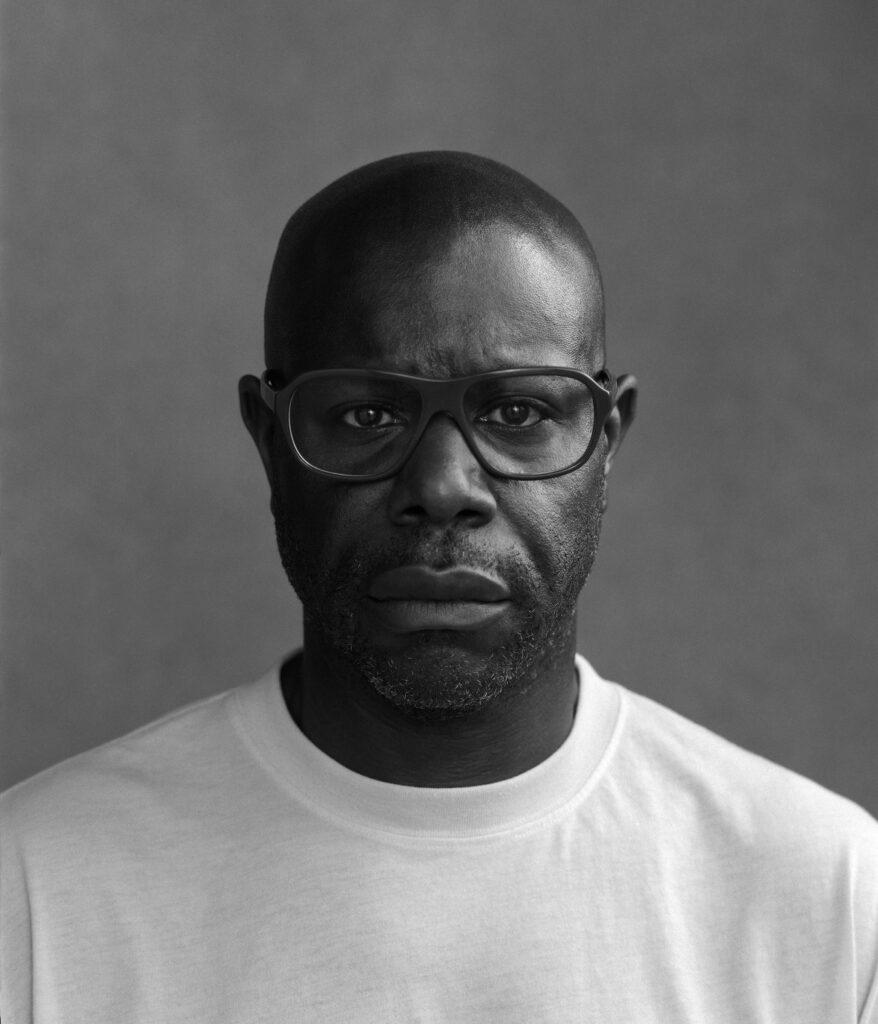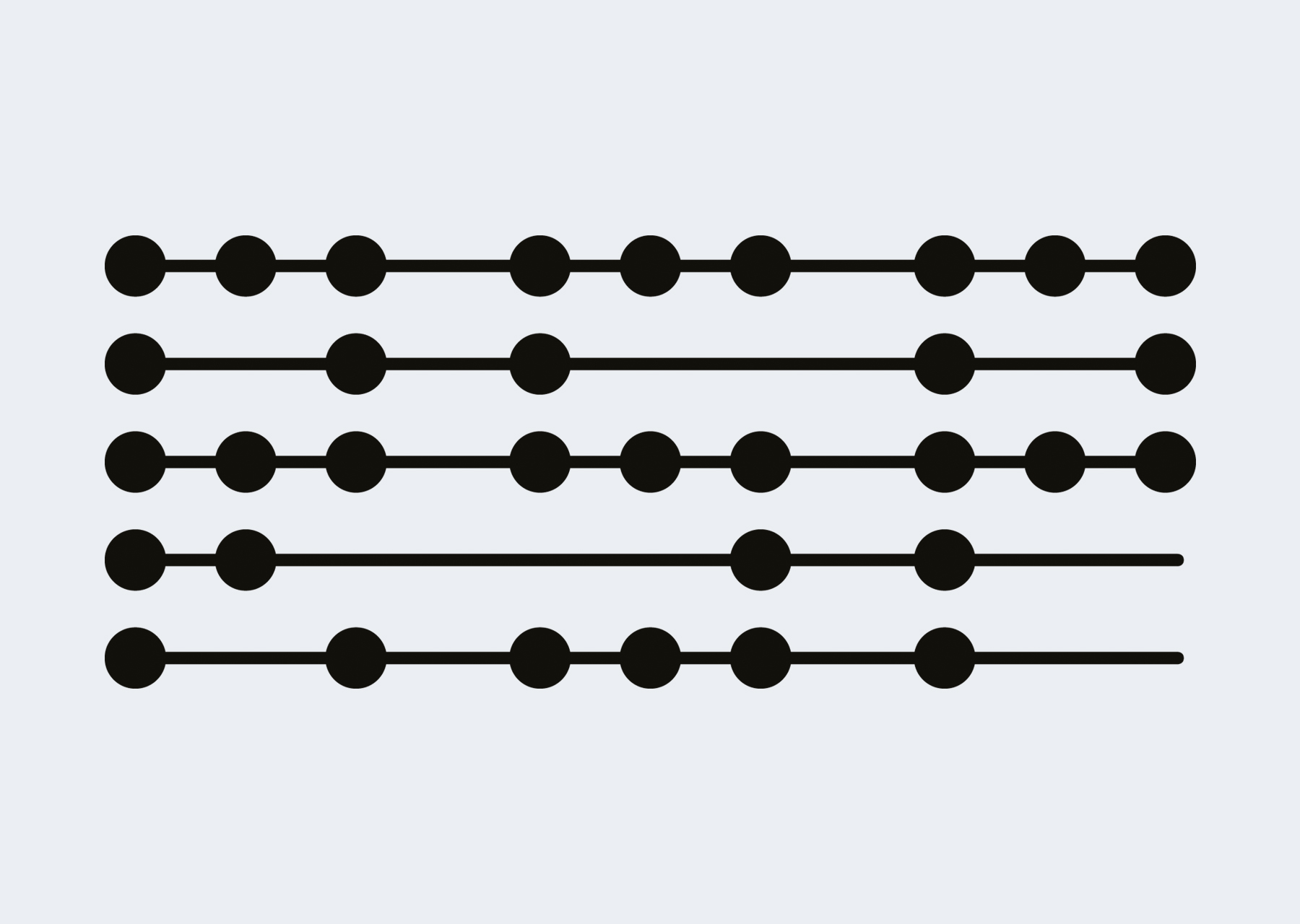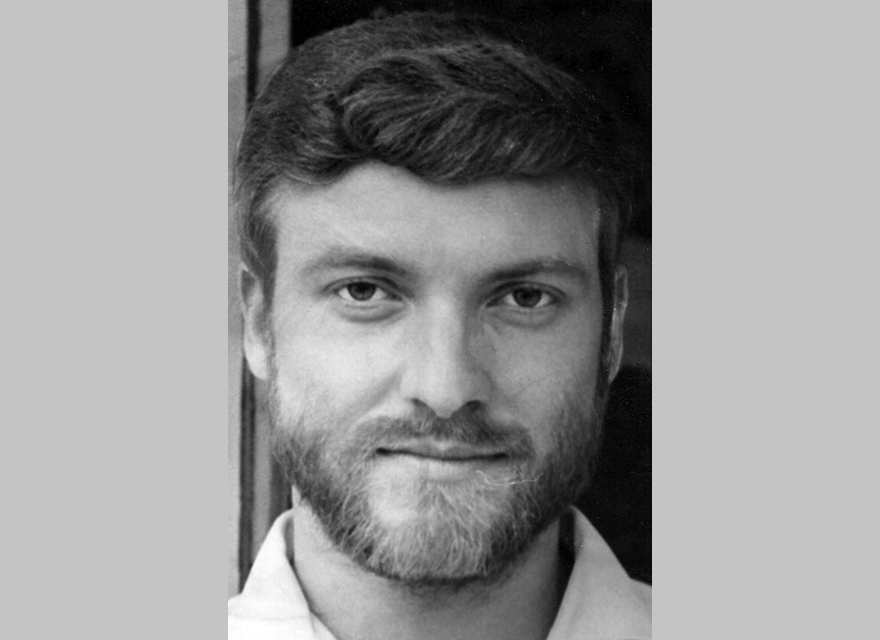Contributions to science, art and music are being rewarded with the Rolf Schock Prizes for 2024. This year’s laureates are the philosophers and linguists Hans Kamp and Irene Heim, mathematician Lai-Sang Young, director, screenwriter and artist Steve McQueen, and singer Oumou Sangaré.
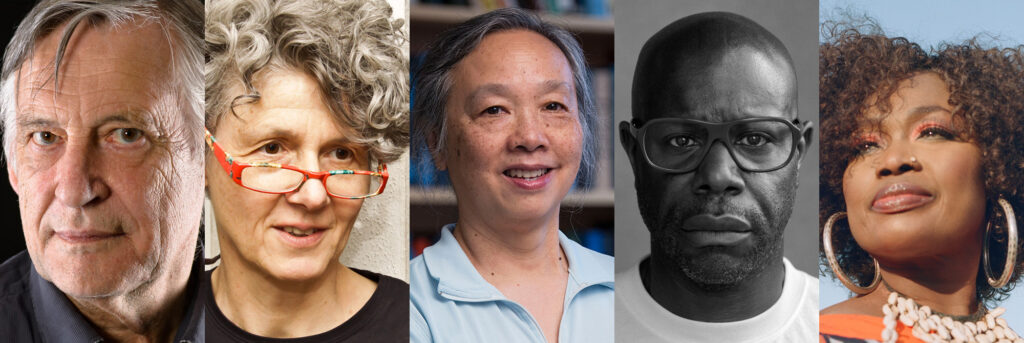
The Rolf Schock Prize is unusual in that it rewards both logic and philosophy, mathematics, visual arts and music. The laureates are selected through a unique collaboration between three Swedish royal academies: the Royal Swedish Academy of Sciences, the Royal Academy of Fine Arts and the Royal Swedish Academy of Music. The final decision is made by The Schock Foundation.
Hans Ellegren, Chair of The Schock Foundation and Secretary General of the Royal Swedish Academy of Sciences, finds recognising important achievements in both science and culture stimulating and rewarding.
“This year’s laureates may appear very unlike each other, but that is what makes this prize so enjoyable. It unites very different subjects and very different personalities, who perhaps have more in common than might initially be apparent,” he says.
Logic and philosophy
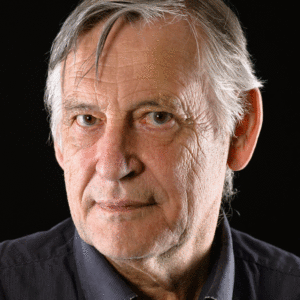
2024 Rolf Schock Prize in Logic and Philosophy is jointly awarded Hans Kamp, University of Stuttgart, Germany and Irene Heim, Massachusetts Institute of Technology, Cambridge, USA
“for (mutually independent) conception and early development of dynamic semantics for natural language.”
Natural languages are highly context-dependent – how a sentence is interpreted often depends on the situation, but also on what has been uttered before. In one type of case, a pronoun depends on an earlier phrase in a separate clause. In the mid-1970s, some constructions of this type posed a hard problem for formal semantic theory.
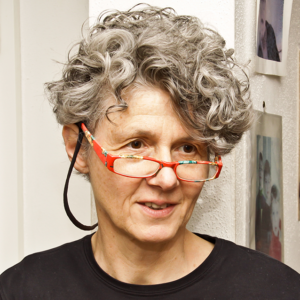
Around 1980, Hans Kamp and Irene Heim each separately developed very similar solutions to this problem. Their theories brought far-reaching changes in the field. Both introduced a new level of representation between the linguistic expression and its worldly interpretation and, in both, this level has a new type of linguistic meaning. Instead of the traditional idea that a clause describes a worldly condition, meaning at this level consists in the way it contributes to updating information. Based on these fundamentally new ideas, the theories provide adequate interpretations of the problematic constructions.
Kamp was born in the Netherlands in 1940. He recieved his PhD from University of California, Los Angeles, in 1968 and has been a professor at University of Stuttgart, Germany, since 1988. Heim was born in Germany in 1954. She received her PhD from the University of Massachusetts, Amherst, in 1982 and has been a professor at the Massachusetts Institute of Technology (MIT), Cambridge, USA since 1997.
Press Contact:
Eva Nevelius, Press Secretary at the Royal Swedish Academy of Sciences,
eva.nevelius@kva.se
+46-70-878 67 63
Mathematics
The 2024 Rolf Schock Prize in Mathematics is awarded to Lai-Sang Young,
Courant Institute, New York University, USA
“for long-lasting and deep contribution to the theory of non-uniformly hyperbolic dynamical systems”.
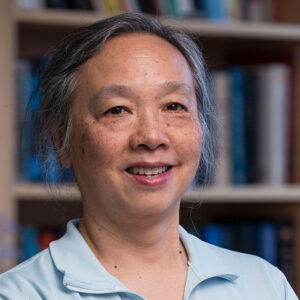
A dynamical system is defined by a mapping that is iterated and the basic question is what happens over time to a given starting point. Even for very simple mappings it is often only possible to make probabilistic predictions. This is given by invariant measures of fractal type that describe sets of non-integral dimension.
Young is a leader in this theory. Among other contributions, she has shown formulas for the relationship with the fractal dimension, entropy and Lyapunov exponents, which provides the expansion of the systems. Particularly significant is her construction of so-called Young Towers, which makes it possible to prove exponential decay of correlations for several systems.
Lai-Sang Young was born 1952 in Hong Kong. She received her PhD from University of California, Berkeley, in 1978 and is since 1999 professor in mathematics at Courant Institute, New York University, USA. She has previously received several prestigious awards like the Ruth Lyttle Satter Prize in 1993 and the Heinz Hopf Prize in 2023. She is a member of both the National Academy of Sciences and the American Academy of Sciences.
Press Contact:
Eva Nevelius, Press Secretary at the Royal Swedish Academy of Sciences,
eva.nevelius@kva.se
+46-70-878 67 63
Visual arts
The 2024 Rolf Schock Prize in Visual Arts is awarded to Steve McQueen.
“In a world characterised by violence, fanaticism and greed, Steve McQueen’s artistic practice offers a shining compass in the dark. Exceptionally consistent, sharp and precise, he activates the onlooker’s position when faced with the work of art, while insisting on the capacity of the moving image to give body, voice and presence to those who have been banished to the margins. The “realism” he presents is equally a denouement of privilege, power and oppression, and an earnest communication of moments of serene joy and euphoria; an upholding of humanitarian values.”
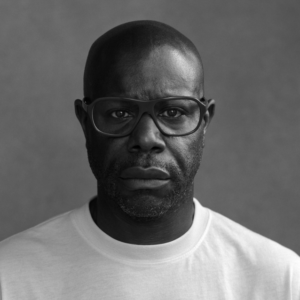
Steve McQueen is a British film director, screen writer and artist. He represented Great Britain at the Venice Biennale 2009, and his works have been exhibited at Tate Modern and Tate Britain in London, UK, and MoMA and the Whitney Museum in New York, USA. McQueen was appointed a Commander of the Order of the British Empire (CBE), and was knighted (KBE) in 2020. His many accolades include the Turner Prize.
The movies McQueen has directed include Hunger (2008), Shame (2011) and 12 Years a Slave (2013). In 2008, McQueen won the Caméra d’Or prize at the Cannes Film Festival for Hunger, and in 2014 he received both an Oscar in the Best Movie category and a Golden Globe Award for 12 Years a Slave. In 2021, McQueen was awarded the European Film Award for the innovative narrative in Small Axe.
Press Contact:
Therese Sheats, Communications Manager at the Royal Academy of Fine Arts
therese.sheats@konstakademien.se
+46-70-224 01 47
Musical arts
The 2024 Rolf Schock Prize in Musical Arts is awarded to Oumou Sangaré
“for her pioneering music-making with roots in ancient traditions. As one of the greatest artists of our time in traditional music, Sangaré embraces all parts of society and is a source of inspiration in various genres all over the world.”

Malian singer, composer and songwriter Oumou Sangaré (born 1968) is known worldwide for her vibrant and powerful music, which often contains revolutionary messages about women’s rights, tradition and poverty. The artist represents the genre of West African traditional music Wassoulou, a style of popular music derived from the vocal and instrumental traditions of rural southern Mali.
Oumou Sangaré is a musician who rose from the poor neighborhoods of Bamako to become a vocal activist. The Malian star puts her generosity, enormous energy and notoriety at the service of the most disadvantaged and is internationally renowned as the one of the most influential voices of Africa.
Since the release of her debut album Moussoulou in 1989, the Malian singer has received a lot of attention. Among other things, she is one of the artists who appears in a remake of the John Lennon song Imagine, from the album The Imagine Project by Herbie Hancock. The single received a Grammy Award for Best Pop Collaboration with Vocals.
Press Contact:
Fredrik Wetterqvist, Permanent Secretary at the Royal Swedish Academy of Music
fredrik.wetterqvist@musikaliskaakademien.se
+46-70-889 55 84
About the prize
On his death in 1986, Rolf Schock left a significant fortune behind and, in his will, he donated a large sum of money to allow a prize to be awarded in his name. His wish was that the Royal Swedish Academy of Sciences would propose laureates in logics and philosophy, as well as in mathematics, that the Royal Academy of Fine Arts would propose a laureate in one of the visual arts and the Royal Swedish Academy of Music in one of the musical arts. His fortune is managed by the Schock Foundation, which formally decides the laureates. This years prize amount is 600 000 Swedish kronor per prize area, a total of 2,4 million Swedish kronor. The prize ceremony will be held at the Royal Academy of Fine Arts on the 11th of November.
